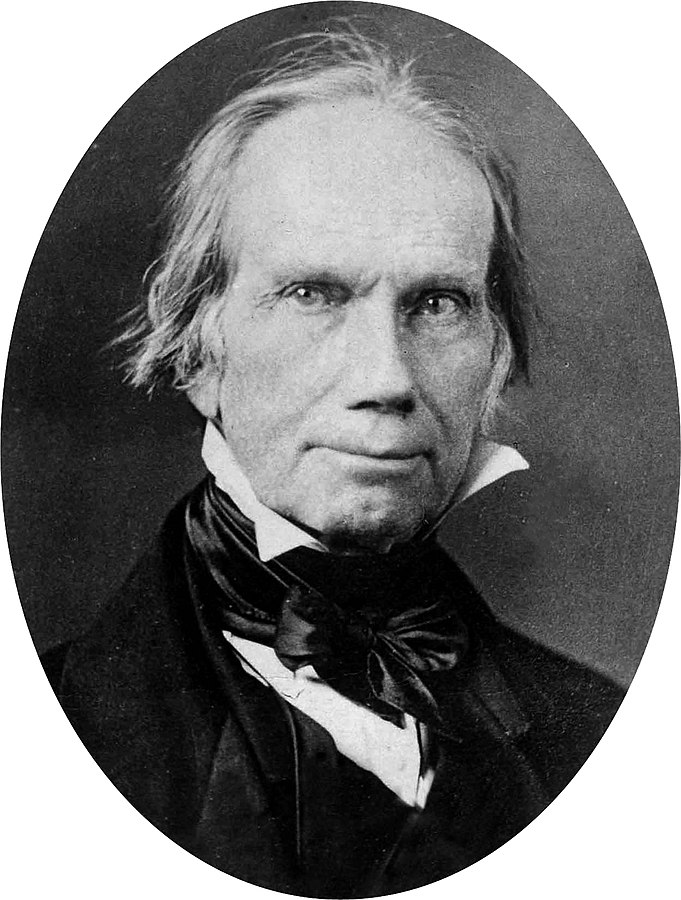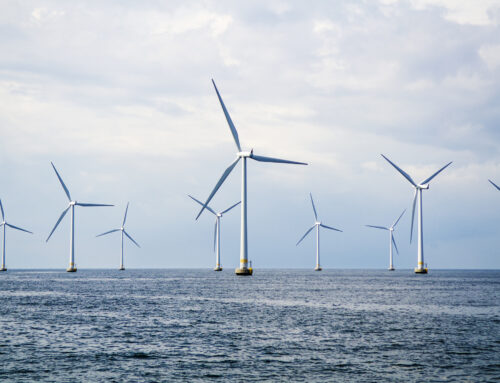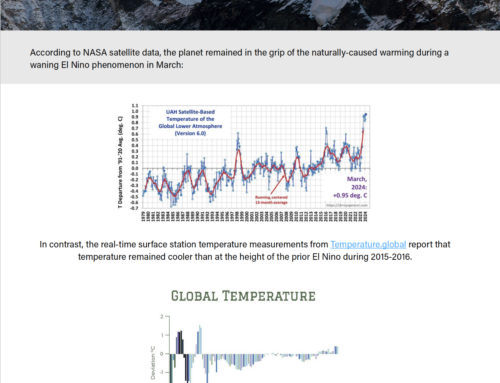by Greg Walcher, E&E Legal Senior Policy Fellow
As appearing on GregWalcher.com
This month, voters in five counties of eastern Oregon voted to instruct local officials to take action to secede from Oregon, and join Idaho instead. Separatist movements are not especially uncommon in the West – several have sprouted in Colorado over the years – but it is rare that voters actually have a chance to weigh in officially.
Rural activists say they are tired of being ignored, and outvoted, by people in the large cities who are isolated from the interests of rural communities, both geographically and culturally. That’s why activists in Northern Colorado recently proposed creating their own state, free from political domination of Front Range cities. I remember in the 1990s when some Western Slope activists proposed creating their own state, for the same reason. In one recent example, voters in Boulder and Denver voted overwhelmingly to introduce wolves, not in their own counties, but West of the Continental Divide, where the ballot measure was strongly opposed by the voters who must now live with the results. That is but one of many divisive issues that separate rural and urban interests. Think especially about water, or highway funding.
Commentators watching the Oregon vote say the explanation is much simpler and more partisan than any ballot initiative. In short, Oregon voted 56 percent for Joe Biden, with most votes cast in Portland and Eugene, whereas the five counties moving towards secession all voted for Donald Trump by at least 69 percent. They are counties with economies historically dependent on agriculture, mining, and forest products – industries unpopular with urban voters – but most media reports say the move toward separation is purely partisan. In truth, it is that, too. But whether those rural Oregon voters were motivated by bitterness over the 2020 election, or by concern about the future of natural resources industries, the solution may be the same.






